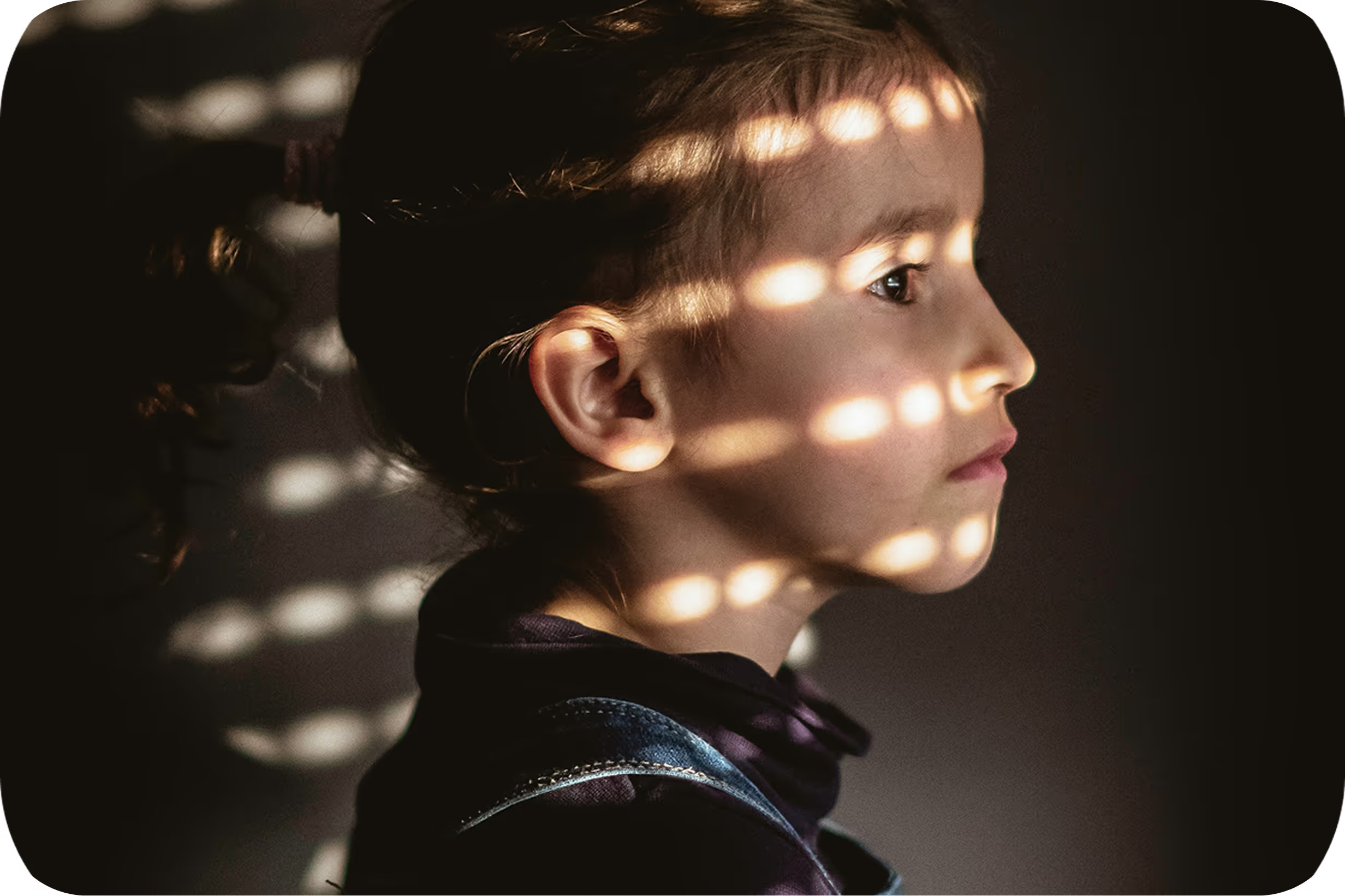Autism & ABA therapy resources
Explore the latest autism spectrum disorder (ASD) research, heartwarming ABA therapy breakthroughs, parenting advice, and updates that matter for your family's journey.
FAQs
Find answers to your questions about autism and stay updated with the latest news.
Recent trends in autism diagnosis are focused on earlier and more accurate identification. Researchers are exploring biomarkers and using AI-powered tools and neuroimaging to detect subtle behavioral and neurological patterns. The goal is to make the diagnostic process faster and more precise.
Technology is making ABA therapy more accessible and personalized. Telehealth and hybrid care models are increasing access for families in rural areas. Additionally, AI and machine learning are being used to analyze data and create customized treatment plans, while Virtual Reality (VR) is creating safe, immersive environments for practicing social skills.
Culturally responsive ABA is a modern practice that adapts therapy to a client's cultural background, values, and family dynamics. It moves away from a one-size-fits-all approach by integrating culturally relevant materials and methods to ensure the therapy is more respectful, effective, and meaningful for a diverse range of families.
Recent studies continue to confirm the effectiveness of ABA as a treatment for autism. New research is focused on optimizing outcomes by exploring the benefits of intensive and early intervention, as well as the positive impact of increased parent and family involvement in the treatment process.
Yes, genetic research is a major focus. Scientists are identifying specific genetic variants linked to autism, which is opening the door to new, targeted drug therapies and even potential gene-editing treatments like CRISPR. This research helps to better understand the biological underpinnings of autism.
Still have questions?
Get in touch for more information.













